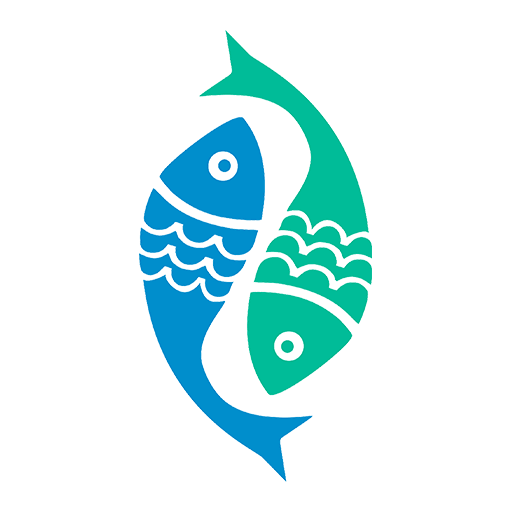On behalf of the PWRDF Diocesan Representatives of Central Newfoundland, Eastern Newfoundland & Labrador, and Western Newfoundland, I would like to thank Emily Rowe our editor of Anglican Life, for providing us with space to write each month. The PWRDF Diocesan Representatives are so pleased to provide stories of how you are changing the world by supporting PWRDF.
Story telling is not an uncommon practice for Newfoundlanders & Labradorians. It is through story we learn about past traditions, local customs, and our culture.
For 20 years, PWRDF has worked with Indigenous communities in Canada as development partners. PWRDF is committed to nurturing and building relationships with indigenous communities, supporting the preservation of language and culture, and defending the right of indigenous peoples to self-determination.
In British Columbia, the Nuu-chah-nulth (NCN) Language & Culture Program (NLCP) supports community initiatives that contribute to the preservation of the NCN language and culture. A total of 94 resource items have been developed as a direct result of NLCP funding. The “I want to learn the Nuu-chah-nulth Language” Facebook page has 1,300 members. There are 600 active adult learners of the Nuu-chah-nulth language and more than 12,500 indirect learners. The resources developed through the project have been celebrated and showcased by the 14 communities. (Source: pwrdf.org).
Puppets have long been used on television to engage young children while teaching them. The Kanien’kehá:ka Onkwawén:na RaotitiÃhkwa Language and Cultural Center (KORLCC), a PWRDF partner in Kahnawake, Quebec, uses puppets to teach children as well, but instead of teaching their ABCs and 1-2-3’s, they are teaching the Mohawk language and culture. The episodes also teach culture and history, using mnemonics to help the children learn about the 50 chiefs of the Iroquois confederacy, or teaching one word in each of the 5 languages of the confederacy. Other episodes use traditional legends like that of the Corn Husk Doll to teach values, including thankfulness and peacefulness. (Source: pwrdf.org).
Thank you for enabling storytelling to continue in the local languages of Indigenous communities. Your support is part of the story of PWRDF in Canada!


